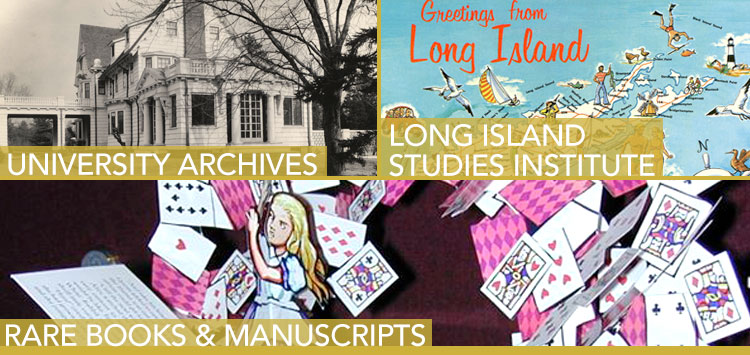Diverse Suburbs Oral History Collection
Theme: Work
Clips from the Henry Holley Interview
Transcript
HH: I, Henry Holley, give Hofstra University and their staff permission to use the dialogue that we are about to take place. You have my permission to do so.
HH: What happened to me, I was a daredevil, if you will. I always would be where I'm not supposed to be or where I'm not expected to be, okay? I didn't go to college, so I had to-I says take shortcuts, if you will. I did meet a lot of people, and by this time, 1965, I was tired of the cab business. I went into a limousine business, okay? And the limousine business got me out of Hempstead, if you will. In the cab business, I was exposed to the Hempstead, Roosevelt, Freeport, Westbury, if you will. That geographic area, for a taxi to take you from point one to point two. When I would venture outside of those areas, in those days, there was what we called the sleep-in girl or the housekeeper or the maids. They would get off on Thursday or Sunday. We would take them to Jericho some day, Garden City some day. Elite area of Long Island, okay? But other than that, basically the cab rider was local [unintelligible]. But the limousine business, when I went into that, I saw an African American one day. He was driving this big black car, and I asked him, you know. What he said, he was driving for this guy, and I said "gee, that's what I'd like to do." So one of my friends, who was Italian, was in Lynbrook, Manor [phonetic] Limousine. No, it wasn't Manor [unintelligible]. Anyway, his cars were being repaired while I was having my taxi repaired. I bought my first used car from him, and we began to work together. When he needed my car, he would come to my garage, get the car and go use it to do whatever he was doing. When I needed his car, I would take the car, go to Lynbrook-Malverne rather, get his car, and do the same thing. That was the relationship I developed with him. So, that lasted for many, many years, okay? But I was exposed to a lot of wealthy people. People that could afford to ride my limousines. Then I also was doing a lot of the funerals here in Long Island, in the city. So I grew. I took my little business card and I went out and I knocked on doors and I put it out there, and I started marketing myself. And people were beginning to embrace me, okay, and vice versa. And then they would begin to tell their friends, Henry was dependable, boom, boom, boom, boom. And wherever they were, if the wife was in the city in the car, got broke down, they'd know to call me, and I would go take care of them. There was people who were millionaires and billionaires would-how should I say-their kids come in from Beverly Hills, provided I personally drove them. Okay? And there was people who their wife got stuck, call Henry. And that's what I did. So I built a limousine service, and based on trying to duplicate what I was doing. Then I started training other people how to do it, and in those days you had dependable, trustworthy people. And some of the largest corporations in Long Island used by company.


